|
I used to wonder, “How do we get into heaven?” But now I want to know, “How do we get heaven into us?” I used to ask, “How much of the Holy Spirit do I have in my life?” But now I ask, “How much of my life do I give to the Holy Spirit?” Jesus has settled and secured our salvation. We can bank on it! But what about here and now—what does God want to do in our lives today? I skimmed through the New Testament this morning looking for the answer, wondering how God’s Holy Spirit interacts with us. I discovered a rather energizing list.
As we prepare for heaven, let’s not miss out on the gift God wants to give us here and now. Jesus longs to give us the Holy Spirit; will we recognize and receive the gift? Will we change our minds and agree with what God says about us and about life? Will we open our hearts and receive the righteousness, peace and joy of God’s kingdom? Will we give our life and will over to the care of God, so God can fill us through and through with the presence and power of the Holy Spirit . . . without limit? (John 3:34)
0 Comments
Right before Jesus went back to heaven he told his friends to, “stay in the city and wait for the gift his Father promised!” He knew the time was near; the gift he talked about over and over again, would be arriving soon. He wanted his friends to be alert and ready to receive the sweet surprise! This Sunday is Pentecost. Are you ready? Are you waiting to see what God has in store for you? Do you enter spaces of worship expecting a gift from God? If you’re like me, sometimes I get busy with life and forget to wait. I trudge through the day and miss the gift. Other times I wait . . . and watch . . . and pray . . . and I still miss the gift. But there are occasions when the gift shows up unexpectedly—like the wind that blows on it’s own accord—and I’m reminded once again of the beautiful relationship Jesus made possible for us all: “Christ in you, the hope of glory!” This week, as we wait for Pentecost:
Jesus said, we would receive power when the Holy Spirit comes on us and God's power would give us the strength we need to bare witness to God’s love no matter where we go or what we face. When I consider the lukewarm witness of the Church in our troubled world, I sometimes wonder if we believe its true? In her book, Pilgrim at Tinker Creek, Annie Dillard asks a similar question: Does anyone have the foggiest idea what sort of power we so blithely invoke? Or, as I suspect, does no one believe a word of it? The churches are children playing on the floor with their chemistry sets, mixing up a batch of TNT to kill a Sunday morning. It is madness to wear ladies’ straw hats and velvet hats to church; we should all be wearing crash helmets. Ushers should issue life preservers and signal flares; they should lash us to our pews. For the sleeping god may wake someday and take offense, or the waking god may draw us out to where we can never return. I don’t know about you, but I want to be alert and ready. I want to wait for the gift of God’s Holy Spirit. I want the Spirit of the living God to draw me out to a place where I can never return the same! As you wait for Pentecost, remember Dillard’s warning: when you invoke God’s presence you are playing with dynamite! Do you believe Jesus was a nice guy? I do. I believe his compassionate and gentle spirit compelled people—especially those who were broken and beat up by the world—to follow him. But as soon as I get comfortable following Jesus “The Nice Guy,” I’m reminded of Phillip Yancy's question: How would telling people to be nice to one another get a man crucified? What government would execute Mister Rogers? Jesus was more than nice and kind. He was more than a lamb-toting shepherd. He was a man committed to justice! His love for the poor motivated him to challenge the religious and political systems that benefitted some and oppressed others. When the economic system in the temple prevented gentiles from having access to a place of prayer he interrupted the economy by turning over the moneychanger’s tables. When entire classes of people were shunned, Jesus invited them to his table, making it clear that everyone’s life mattered to him. When the legal system limited access to healthcare, Jesus acted with civil disobedience and healed people on the Sabbath. Jesus was more than nice; he was bold and courageous. He spoke out for the oppressed and gave his life to bring God’s righteousness on earth. When people speak truth to power and challenge oppressive systems, as did Jesus, those in power will often demonize the truth teller. In Matthew chapter 12 Jesus heals a man on the Sabbath. He confronts the Pharisees and shines a light on the injustice of their legal system. In response the Pharisees “went out and plotted how they might kill Jesus.” (v.14) Their plot included a public slander campaign, creating a demonizing narrative to sway people’s opinion: “It is only by Beelzebul, the prince of demons, that this fellow drives out demons.” (v. 24) The threat of murder and the fake news about his character did not hinder his determination to pursue God’s righteousness. Jesus set his eye on the kingdom of God and pressed on toward the goal of making God’s righteousness and God’s goodness know and accessible to everyone. Jesus didn’t play it safe. He knew “being nice” wouldn’t change the unjust laws that oppressed his neighbors. In the middle of this drama Jesus speaks out and says, “Whoever is not with me is against me, and whoever does not gather with me scatters.” (v.30) Jesus draws a line in the sand and makes it clear to those who would follow him: There is no middle ground. This scene in the life of Jesus—and his line in the sand—reminds me of the words spoken by Angela Davis: “In a racist society it is not enough to be non–racist. We must be anti–racist.” In a world where social injustice persists and systemic racism lingers, those of us who are “with Jesus” must do far more than be nice; we cannot settle for being non–racist, we must actively work to dismantle the social evil of racism. We must be anti–racist! Ibram X. Kendi, author of How to Be an Antiracist, says: “The only way to undo racism is to consistently identify and describe it—and then dismantle it.” For my white brothers and sisters, intellectual and emotional awareness of racism is a good first step. Me must listen and learn from our black and brown brothers and sisters. We must place ourselves in uncomfortable spaces, where we’re not the dominant culture, and feel what its like to be different than the majority of folks in the room. We must be vulnerable and willing to have the uncomfortable conversations about race. But emotional and intellectual awareness of racism is not enough; we must follow the awareness with action. One fear us white folks have about actively addressing racism is that we might say or do something wrong—maybe even harmful; so we choose to say nothing at all. This fear, which some call white fragility, will convince us the best thing we can do is to stay in our “nice, non–racist” comfort zone. But times have changed. We no longer have the luxury of hiding in our place of comfort. If white Christians want to be true to the way of Jesus we must step up and start living out our faith in the Anti–Racist Zone.
When was the last time you had a “raging desire to go somewhere and dig for hidden treasure?” Mark Twain insinuated in his writing there would come a time when all of us who are “rightly constructed” would be captivated by such a desire. If Mark Twain was correct I wonder why so many of us miss the treasure hunt or fail to see the valuable gems hidden right before our eyes? Are we too lazy to look? Too bored with routine to believe in buried treasures? Maybe we’re so driven acquiring things of temporal value that we fail to see the eternal treasures hidden in familiar shadows? It was Zero Dean who said, “We never learn what hidden gems lay along the paths we fear to take.” If you forgot that God intends for your life to be a treasure hunt let’s “Think Red Together” and recall what Jesus said:
What would change in our lives if we approached everyday like a treasure hunt—seeking the kingdom of God in the ordinary places we spend our lives? Would we see people differently? Would we treat them the same? Would joy and adventure become the norm, replacing our yawns of boredom with songs of delight?
One thing is for certain; if we live everyday on a treasure hunt, seeking the kingdom of heaven in our ordinary lives, we will find it, (Matthew 7:7-8 / Jeremiah 29:13) and the hidden treasure will change everything. It will influence our values! We will rethink our priorities! And the trajectory of our lives will be fixed on eternal treasures. So what are you waiting on? Grab your treasure map and get a shovel. We have some holes to dig! |
AuthorLarry Stoess is an author, public speaker, and urban church planter. He loves telling stories about how dreaming with God will empower people to make old and broken things new again. Larry and a band of friends founded the Church of the Promise in Louisville's Portland neighborhood; The Table, a pay-what-you-can community café; and Promise Housing Plus, a non-profit construction company. He has written about their experience of dreaming with God in his new book: Think Red. Archives
August 2023
Categories |
|
Contact Us |


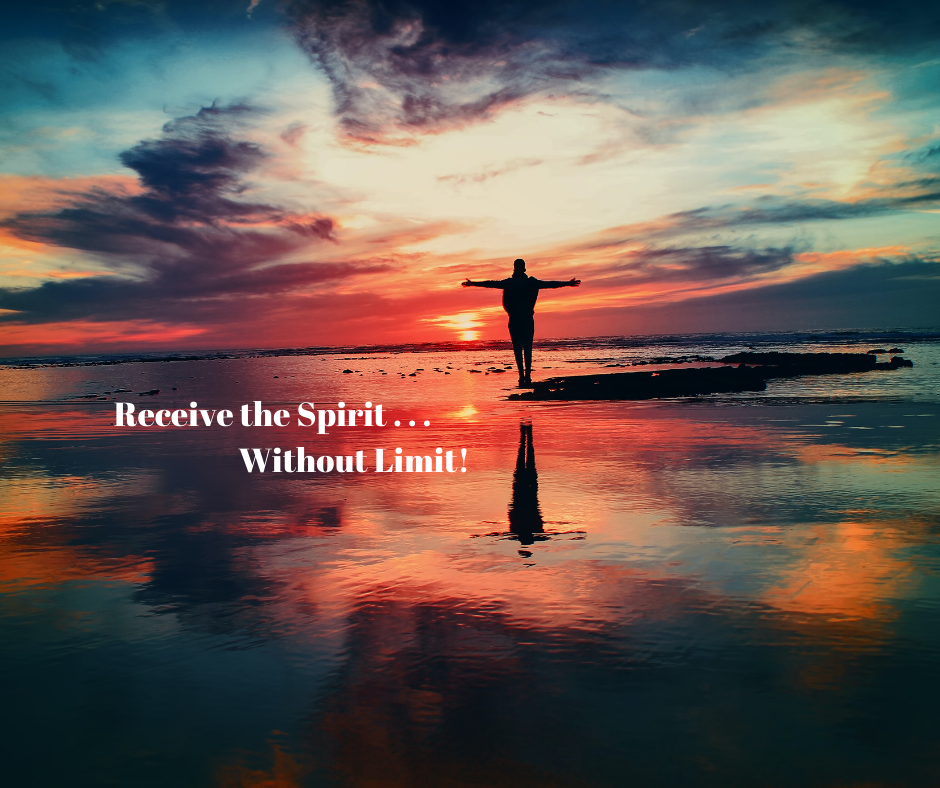

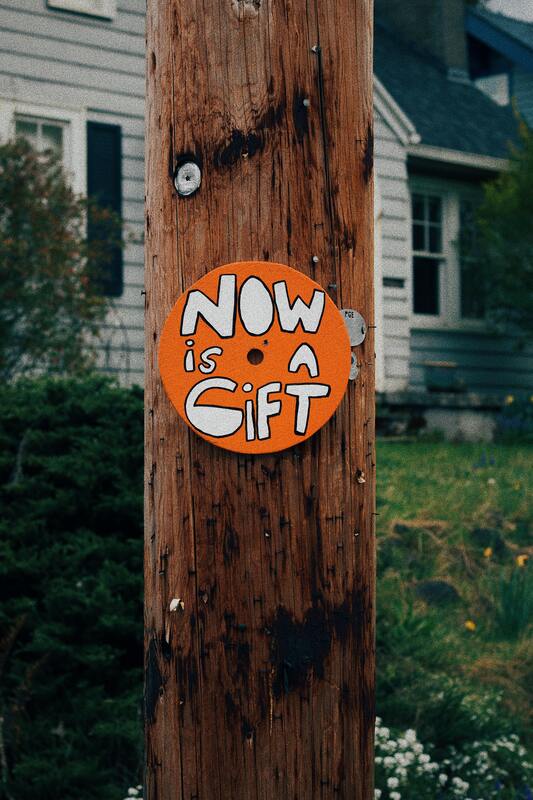
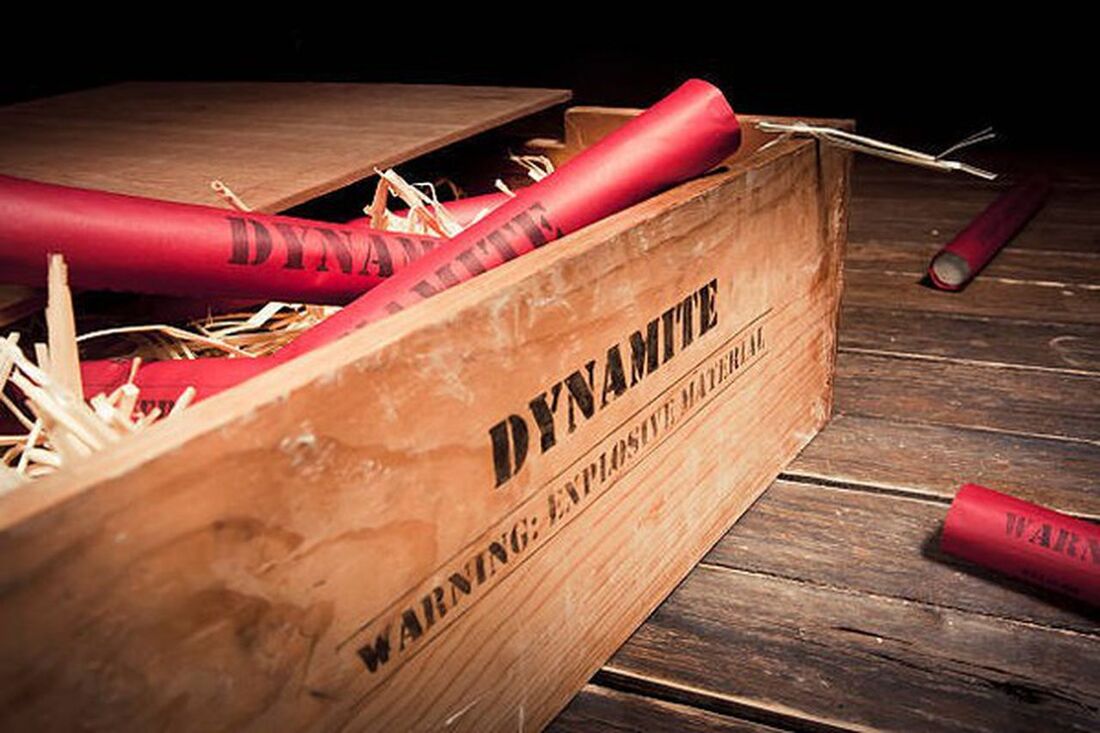
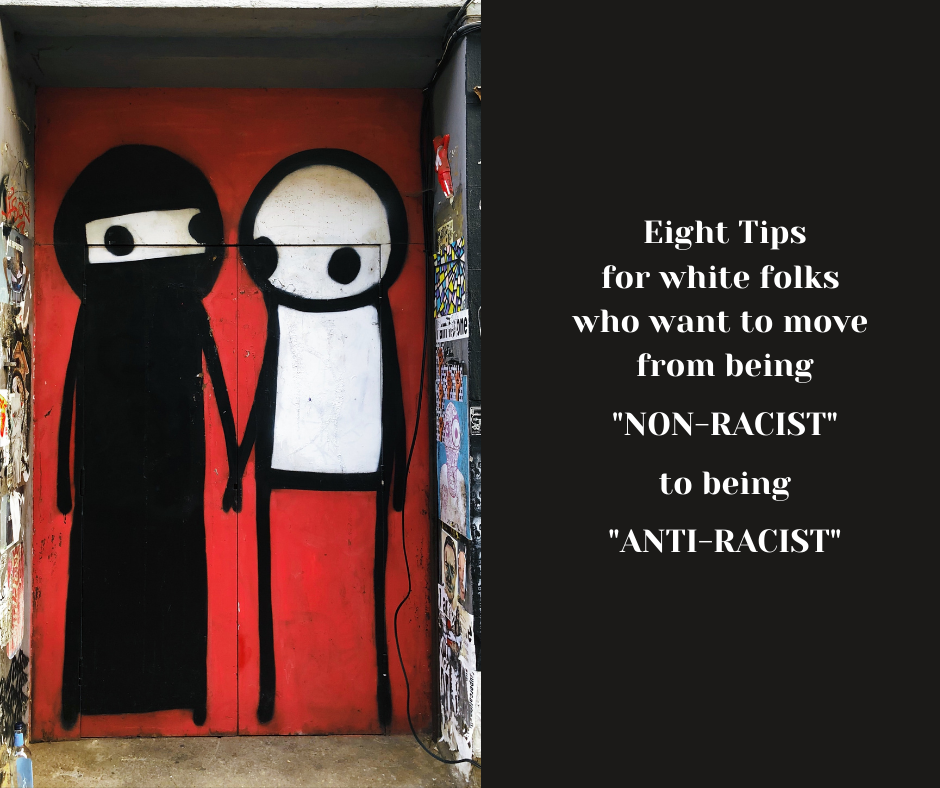
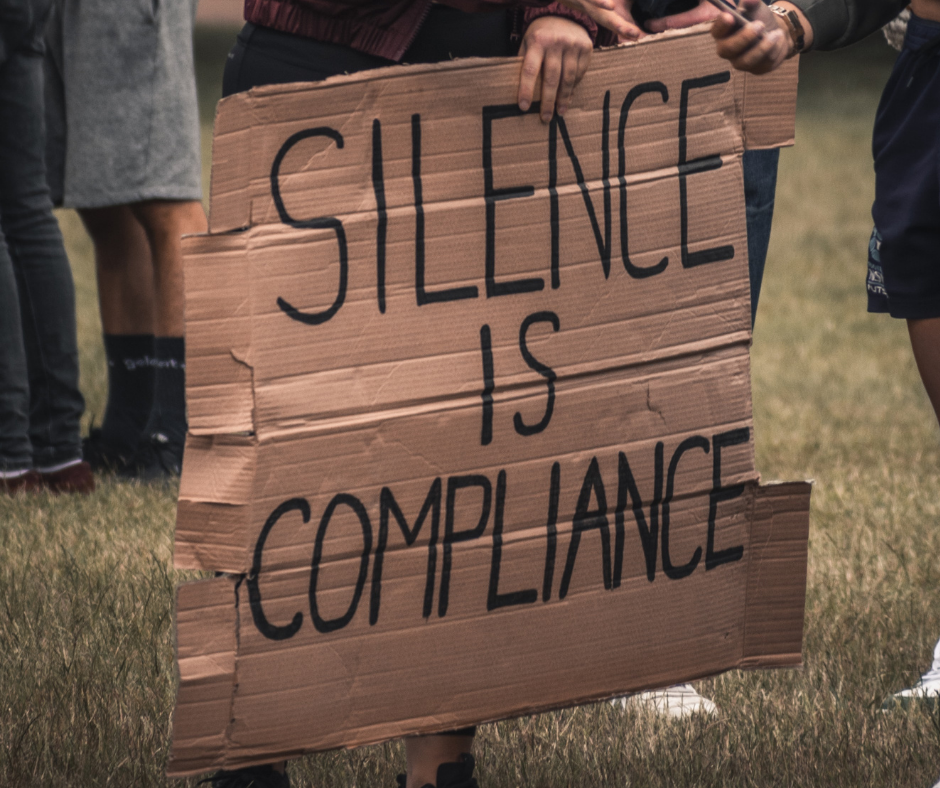

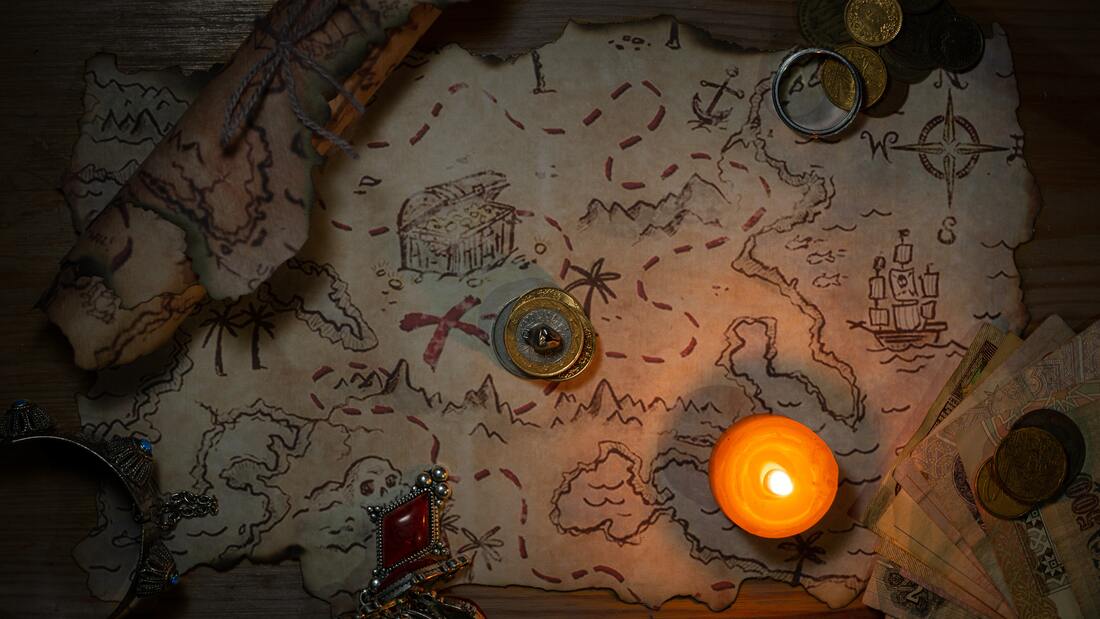
 RSS Feed
RSS Feed